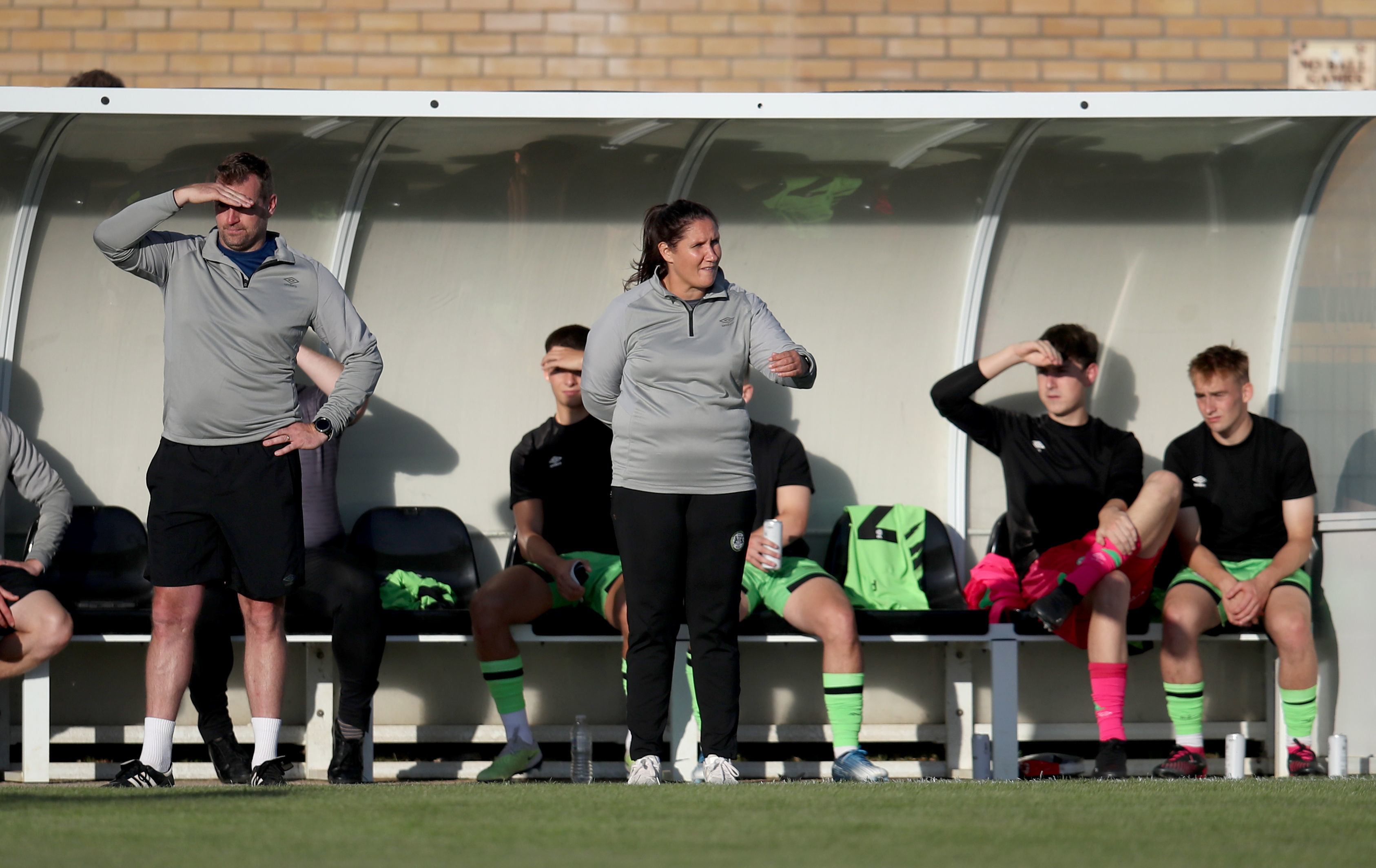
It is 20 years since the book Moneyball was published, all about how a baseball team took a counter-cultural approach to recruiting players and what happened next.
After the undervalued players of the Oakland A’s produced a league-record 20-game win streak on a slender budget and their story become a film with , anyone with a passing interest in sport knew all about the theory.
The point for their manager Billy Beane was to identify areas of skill other teams didn’t value – especially if the n**ed.n**ed eye might persuade you to discount them. Because if people don’t want to buy, you get a deal as well as a high-quality player. And they’ll almost certainly be committed to the project.
We’ve talked in this column about Moneyball’s descendants in the – Brighton and Brentford – who are trying to outwit the competition on a fraction of the budget. Assuming the teams around them aren’t too arrogant to pick up on ‘small club’ strategies, they will have to be incredibly agile to stick ahead of the competition in the next few years.
What we’re talking about is creative thinking – working with those who are underestimated. We’re told sports teams are constantly on the hunt for marginal gains. And yet there’s one obvious area where the gains just don’t seem worth the hunting.
Research from the business world shows boardrooms with more women do better. Among other things they commit less fraud and have better accounting and reporting practices.
Since Spain’s women won their first World Cup and an egghead non-entity nicked all the headlines for attempting to publicly snog one of their stars, Spain’s FA has had a number of PR struggles on its hands.

The man at the centre of it all, Luis Rubiales, has finally quit, while last week’s firing of controversial coach Jorge Vilda seems a smart move.
It may not surprise you to learn that until that happened every single member of the federation’s 17-person board was male.
Now I don’t have space here to persuade you, if you’re not already on board, that sexism is a social curse for ethical and moral reasons. But it is pretty easy 20 years on from Moneyball to keep things relaxed and agree that it isn’t good business practice. Yes, even in football. You can even continue to consider women second-class citizens and improve your team! It’s a win-win.
None of the characteristics highlighted by such authorities as Arsene Wenger or Pep Guardiola are gender-specific. For Wenger it’s strong beliefs and ability to be patient and flexible when applying your own philosophy and tactics. Guardiola has spoken about empowering those around him to take responsibility and delegating to a coaching team that is the best in the world. You could summarise that as humility.
When asked about the difference between managing a business and a football team, Wenger explained that the only difference really is the different ages of those you deal with. Footballers are often teenagers with a weight of responsibility beyond anything we know.
Okay, so we have another important trait: nurturing.
But wait, you’re asking a woman to understand tactics of men’s football. They’ve never played the game! If the argument is that learning anything from a game you’ve not played is impossible, you might want to tell former England boss Roy Hodgson.
Presumably the football he played in non-league in the 60s and 70s mirrors so perfectly Liverpool’s tactics in the 2010s or Palace’s in the 2020s, he has never had to watch another game since he hung up his boots.

No woman has ever managed a club in the top four divisions of English football. Hannah Dingley was caretaker-boss of Forest Green Rovers in pre-season for three games. She did fine but that’s not really the point.
The idea that no woman has the skills to manage a top football team is patently absurd. Yes, take it on and you will receive appalling levels of abuse like Andy Murray’s one-time coach Amelie Mauresmo, but if you’re willing to support her in fending that off as a chairman, the benefits are 2002-season Oakland A-style massive.
We don’t even have to have a Beane-style grasp of stats to know if you recruit from a pool of twice as many people, the quality will improve. Brentford (yes, them!) have a female Under-18s coach, Lydia Bedford.
It will take time. But just you wait, when it catches on, it’s going to be wild.

























